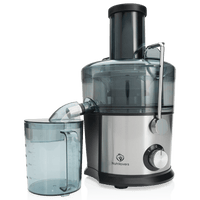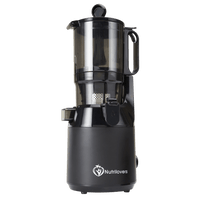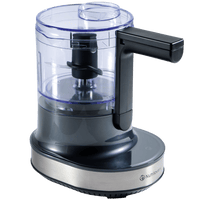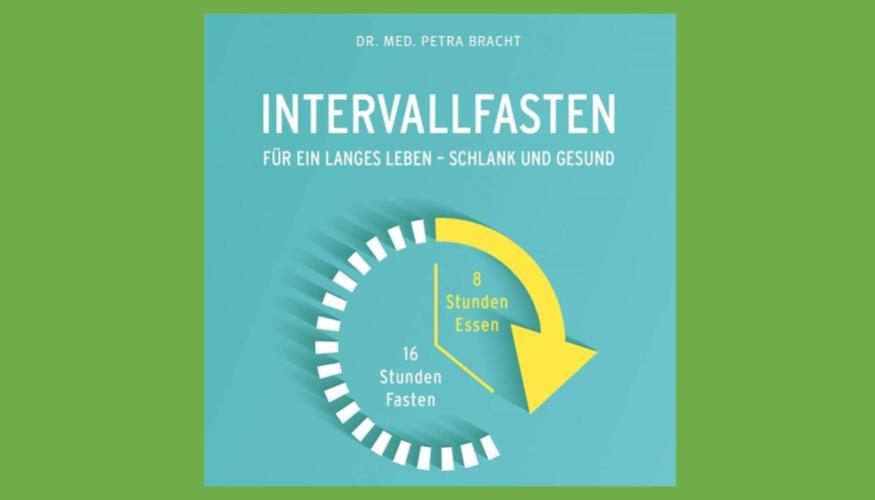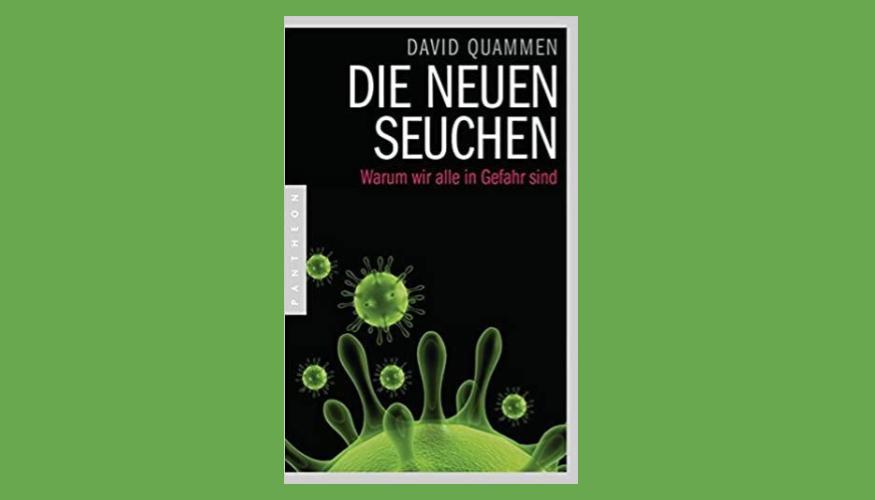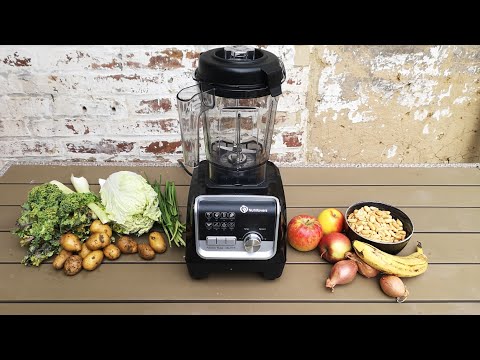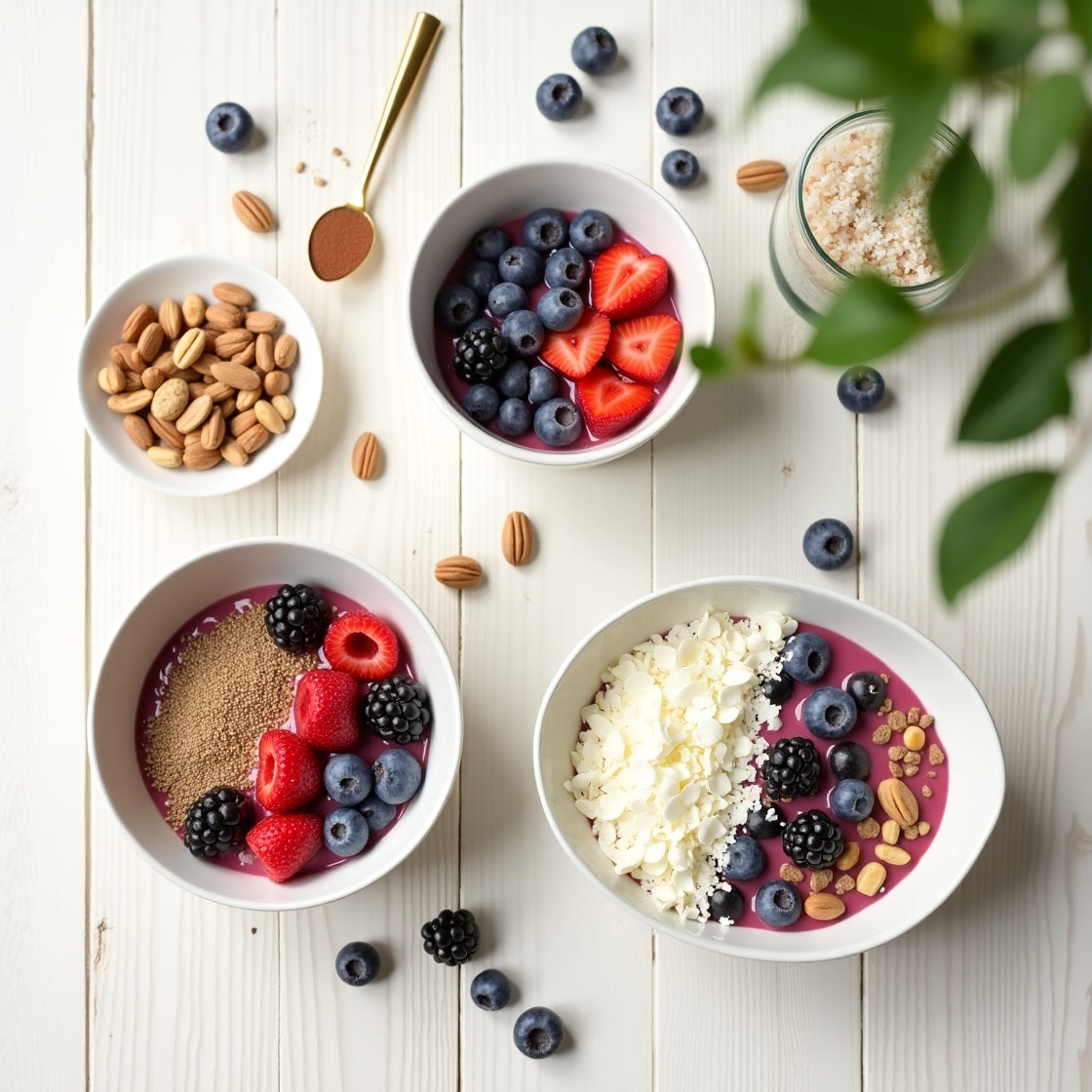Fasting - the reboot for the body is as old as humanity
Since time immemorial, abstaining from food has been a spiritual practice in almost all cultures. Even Buddha recommended not eating anything after midday every day. Intermittent fasting has therefore been common practice for thousands of years. In times when food supply was not as excessively extensive and ubiquitous as it is in our society today, the effects of abstaining from food over a longer period of time were valued. What science calls autophagy or autophagy can be colloquially described as a type of recycling that the body performs on its cells. If food is deprived for a period of at least 12 hours, our cells begin to feed on their own waste products. The Japanese cell biologist Yoshinori Ōsumi received the Nobel Prize in Physiology or Medicine in 2016 for his research on this topic. Intermittent fasting is a fountain of youth for our health.
What is intermittent fasting and how does autophagy work?
As already mentioned above, intermittent fasting involves limiting food intake to about eight hours and then not eating anything for 16 hours. After just about 12 hours, the body begins to break down its own waste and create new fuel from it. Damaged cell structures, viruses, and bacteria are also eliminated. Energy comes directly from the cells without affecting the body's own protein reserves. Another positive side effect: Intermittent fasting is a process in which the good gut bacteria also begin to multiply. A healthy diet further supports this process.
Why love goes through the stomach
What you might consider a romantic phrase from a restaurant advertisement is actually based on scientific evidence. Around 90% of the neurotransmitter serotonin, known as the "happiness hormone," is produced in the intestinal mucosa. However, when we eat an unhealthy diet, consuming lots of sugar and few beneficial nutrients, the "bad" bacteria in the gut increase while the "good" bacteria decrease. To make matters worse, an incorrect and unhealthy diet also leads to less serotonin being produced. Since this biogenic amine is also responsible for essential life processes, such as pain perception, memory, sleep control, sexual behavior, and thermoregulation, we should do everything we can to support our intestinal flora. Losing weight through diet or abstinence is one of the most effective ways to heal and maintain the health of the digestive tract. This intermittent fasting book is not only a great guide to losing weight, but above all a wonderful intermittent fasting guide to living a healthy, contented and enjoyable life.
Which is better: therapeutic fasting or intermittent fasting?
Every form of food abstinence has positive effects on health and character. But for many people, traditional therapeutic fasting is too challenging. The feeling of lacking discipline also holds many back. Intermittent fasting is a gentler approach that you can approach gradually. It's primarily about optimizing your eating habits and re-teaching yourself that you don't need to eat all the time. With intermittent fasting, your body also adapts to a new rhythm. After just a short time, you'll have become accustomed to eating within your defined time frames, but not otherwise. You're not depriving yourself of anything; you're simply changing your schedule.
16:8 - The formula for your well-being
Easy to remember, easy to implement: With the 16:8 method, you ensure that your cells fully utilize the autophagy process. While you can indulge in indulgent feasting within 8 hours, your body has 16 hours to cleanse itself at the cellular level. If 16 hours without food initially seems too long, start with 12-hour cycles. The most efficient way is to start and end the food intake interval as early in the day as possible. Give your body time to complete the digestive process long enough before bedtime so that your sleep phases can be used for intact regeneration and the production of growth hormones. During meal times, you can enjoy three meals, because in Petra Bracht's intermittent fasting book, you will find not only extremely digestible but also truly delicious intermittent fasting recipes .

Intermittent fasting against lifestyle diseases
Obesity isn't the only widespread disease of modern life with negative consequences for the body and brain. Even rheumatic diseases can be sustainably alleviated through intermittent fasting. Even in cases of genetic predisposition to rheumatism, fasting quickly shows its effects. Those who also avoid animal products, such as meat, milk, and eggs, as these promote inflammatory processes in the body, are definitely doing themselves a favor. During fasting, you are supplied with energy in the process of ketosis , which comes from your own fat reserves (especially abdominal fat). Thus, intermittent fasting has also shown excellent results for skin problems, allergies, multiple sclerosis, and even cancer.
Why a vegan diet is healthier
A Harvard University study examined 130,000 people's eating habits. It turned out that people who ate a plant-based diet suffered from cardiovascular disease far less frequently than meat-eaters. The World Health Organization (WHO) has shown that regular consumption of sausage and other processed meats increases the risk of colon cancer by a full 18 percent. Trans fats and saturated fatty acids, which promote inflammation, are primarily responsible for this. In contrast, unsaturated fatty acids, such as those found in nuts or seeds, have an anti-inflammatory effect. Considering the dramatic effect that factory farming has on the climate and the environment, switching to a meat-free diet should actually be quite easy. Responsibility begins at the plate; losing weight through healthy eating.
The prejudice of deficiency symptoms
It's false that a purely plant-based diet leads to protein deficiency. It's not just meat, eggs, and milk that contain protein. Plant protein, such as that found in legumes, nuts, or soy products, actually provides a particularly high-quality, fiber-rich supply of protein. Vegans should only supplement with vitamin B12 , which the body cannot produce itself and which isn't found in plants. Numerous studies have also shown that organic vegetables and organic fruit contain far more antioxidants and vitamins than commercially grown products contaminated with pesticides. Also, make sure you consume enough good carbohydrates, such as those found in potatoes or whole grain products, and consume unsaturated fatty acids from vegetable oils.
Nothing works without movement
Exercise is essential for our health. Only through exercise can we maintain intact blood and oxygen circulation, and only exercise can keep the body and brain fit. The more muscle groups used in a form of exercise, the better. Incidentally, one of the healthiest forms of exercise is dancing , as it places equal strain on the entire body and enables constant coordination between the right and left hemispheres of the brain. Of course, other sports, such as swimming, Nordic walking, or rowing, are also excellent for keeping you healthy and fit.
Get to know intermittent fasting with the 14-day program
Just get started with your new, healthy lifestyle. Find the options that work for you and start integrating intermittent fasting into your daily routine during this test phase. Use fresh and, if possible, organic products and avoid meat and other animal products. Drink plenty of water and get plenty of exercise. Outdoor exercise is especially preferable to indoor exercise. The main thing is to challenge yourself. During these two weeks, you'll gain a thorough overview of intermittent fasting and the ideal periods for you.
You can find more tips and smart advice for healthy eating in the
Book “Intermittent Fasting: For a Long Life - Slim and Healthy (GU Health Guide)"
by Dr. Petra Bracht
You can order it here on Amazon.
It is also available as an audiobook and audio CD .




